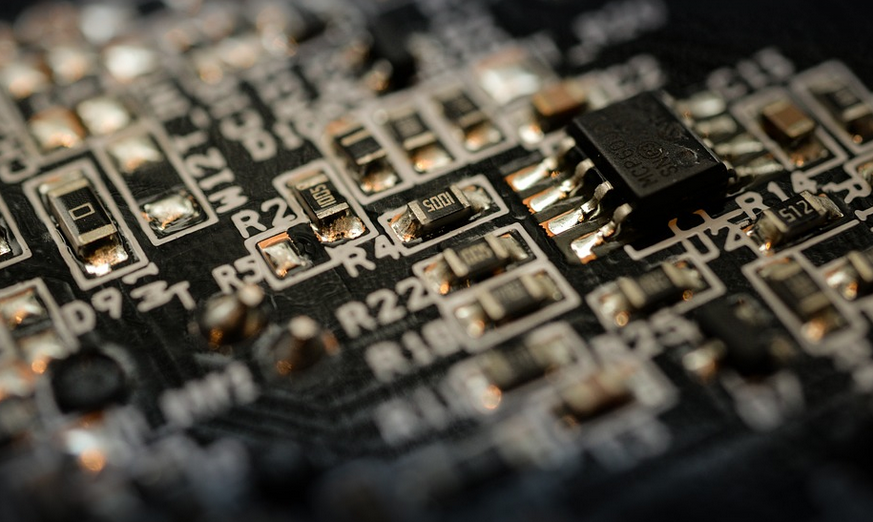Navigating the Crossroads of Power: Generators vs. Batteries in a Shifting World
Imagine this: your phone’s screen lights up, casting its glow on your face. You’re scrolling through social media, catching up with friends and family. Just then, you hear the rumble, not of an earthquake, but of your power generator kicking in. A sudden blackout? No problem! Your home is powered, thanks to a reliable backup. This familiar scene is becoming increasingly common as we delve into the world of 2025.
The transition from relying on conventional grid-powered electricity has ushered in a new era of energy independence and resilience. Gone are the days when power outages were a frequent, unwelcome visitor; now, we’re armed with more robust solutions. The question isn’t just about which backup system to choose but also about understanding their individual strengths and weaknesses. So, let’s dive into the exciting possibilities and challenges that lie ahead as we navigate this evolving landscape.
Generators: The Tried-and-True Powerhouse
Generators: these are the stalwart workhorses of the backup world. They rely on a simple yet effective principle: burning fuel to generate electricity. This technology has been around for decades and continues to be a reliable choice for many individuals and businesses. Their consistent power output is particularly attractive for those living in remote areas or regions prone to frequent power interruptions.
But beyond this core strength, generators offer several other advantages. First, their ability to provide continuous power through fluctuating grid conditions makes them ideal for critical applications like medical equipment and communication systems during outages. Secondly, many modern generators come equipped with features that enhance their efficiency and sustainability, including automatic fuel management and emissions control technologies.
However, generators also have some drawbacks to consider. One of the biggest is their noise-level; this can be a major challenge in urban settings and even impact peaceful outdoor activities during extended use. Another factor is the need for regular maintenance and fuel supply, which adds a layer of complexity to their overall operational cost.
Batteries: The Emerging Champion
Batteries have been steadily gaining traction as a viable backup power source. They work a bit differently from generators: they store energy from the grid or renewable sources and release it when needed, offering a silent and more environmentally friendly approach to power backup.
The rapid advancement in battery technology is behind this shift in landscape. Their compact size, ease of installation, and near-silent operation make them appealing for households and businesses alike. Advancements like Lithium-ion batteries offer improved energy density and lifespan, making them more efficient and reliable than ever before.
However, battery power is not without its challenges. The initial cost of installing a robust battery system can be higher compared to generators, especially for larger capacities. While their reliance on renewable sources makes them environmentally friendly, the actual storage capacity and dependence on weather-dependent scenarios like cloudy days or low sunlight hours still remain limitations.
Choosing The Right Power Backup: An Individualized Approach
The optimal backup system for your needs will depend on your unique circumstances. A thorough analysis of the power demands of your home, along with a comprehensive evaluation of your current energy infrastructure and budget constraints, is crucial to make an informed decision.
For homeowners who prioritize continuous power supply even during grid outages – generators offer the reliability needed for critical applications. Those seeking a more environmentally friendly and silent solution might favor batteries as their choice. For businesses with fluctuating energy demands, both options can be viable alternatives based on specific needs.
It’s also important to consider future-proofing your power backup system. As technology continues to evolve at a rapid pace, staying informed about the latest advancements in both generators and batteries is vital. It ensures you’re equipped for whatever challenges lie ahead, be it unforeseen grid outages or an ever-changing energy landscape.
The Future of Power Backup: An Exciting Journey Ahead
The future holds immense promise for power backup technology as we venture into the year 2025 and beyond. As renewable energy sources gain momentum, smart grids become more sophisticated, and grid-connected backup systems continue to evolve, a new era of power reliability is dawning.
From AI-powered predictive maintenance for generators to advanced battery management systems and even the integration of blockchain technology for secure financial transactions within these systems, advancements are reshaping the landscape of power backup. This dynamic shift promises cleaner energy solutions, improved resilience against grid failures, and a future where our homes and businesses can confidently navigate the unpredictable world of electricity.
A Note To End On: The Power of Choice
The choice between generators and batteries for power backup boils down to personal needs and preferences. While both options have their merits, understanding your specific requirements is key. As we move forward into an increasingly unpredictable energy landscape, the ability to choose the right solution will continue to be a defining factor in ensuring our homes and businesses operate smoothly, even during unexpected interruptions.

